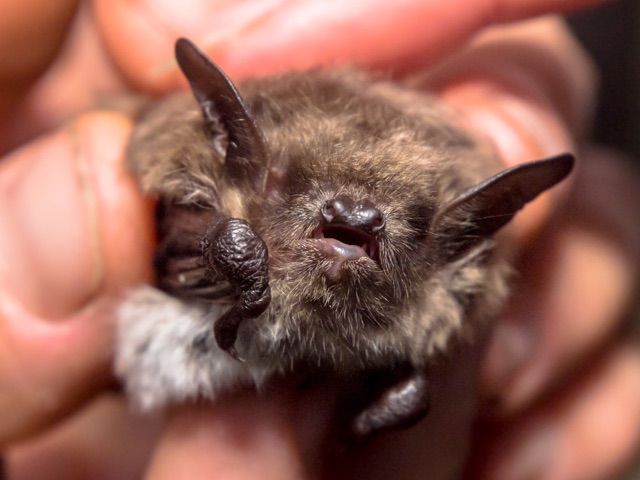
Bats have long been associated with myths and misunderstandings due to their nighttime flying and enigmatic allure. However, these one-of-a-kind organisms play an important function in our environment that is frequently disregarded. Bats are nature’s unsung heroes, offering critical services including eco-friendly pest control and pollination. In this article, we will look at the surprising benefits of bats and how they contribute to maintaining ecological equilibrium.
Environmentally Friendly Pest Control
One of the most surprising advantages of bats is their unrivalled ability to control pests. Each night, a single bat can ingest thousands of insects such as mosquitoes, moths, beetles, and agricultural pests. Bats help safeguard crops and decrease the spread of disease caused by insects like mosquitoes by preying on these pests.
Control of Mosquitoes and Disease Prevention
Bats are especially good at controlling mosquito populations, which is critical for public health. Bats’ appetite for mosquitos aids in the control of diseases such as malaria, dengue fever, and West Nile virus. Bats function as natural mosquito-borne disease protectors in regions where these fatal diseases are common.
Nature’s Insecticide
In contrast to industrial pesticides, which can harm the environment and non-target species, bats act as natural insecticides that do not harm other organisms. Their feeding habits help to maintain a healthy ecosystem by eliminating bug outbreaks that might otherwise harm agricultural crops and native plant species.
Pollination Heroines
In addition to pest control, bats are important pollinators for many plant species, including many fruits, nuts, and cacti. They are particularly effective pollinators due to their capacity to travel large distances at night. Bats play an important part in plant reproduction and the generation of fruits and seeds by transporting pollen from one plant to another.
Plants that bloom at night
Many plant species have evolved to bloom at night in order to attract bats, which serve as their principal pollinators. These flowers bloom at night and are often pale or white, making them more apparent to bats in the moonlight. The unique sense of smell of bats aids in the identification of these blooms, promoting a symbiotic link between bats and plants.
Biodiversity Conservation
Bats contribute to the survival and diversification of plant species by pollinating them. This, in turn, benefits a variety of different creatures that rely on these plants for food and shelter. The interdependence of ecosystems emphasizes the critical role bats play in biodiversity conservation.
Bats are sometimes overlooked for their significant contributions to our ecosystem. Bats actively preserve crops, manage disease-carrying insects, and encourage plant diversity by engaging in eco-friendly pest control and necessary pollination. Recognizing the importance of these nocturnal species is critical for conservation efforts and ecological equilibrium.
While there are still misunderstandings regarding bats, knowing their ecological role is critical for coexisting peacefully with these winged beauties. Embracing and safeguarding bats will help not just our ecosystem, but also human health and agricultural sustainability. To conserve bats’ unexpected advantages, it is critical to promote their conservation, habitat preservation, and ongoing research into their ecological relevance. We can nurture a healthier, more balanced environment for humans and wildlife by respecting these eco-friendly pest controllers and pollinators.
